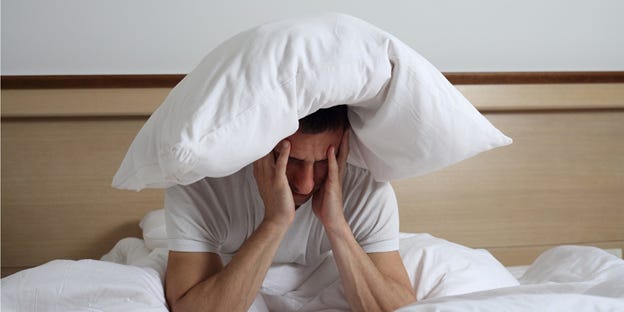Do you have trouble finding sleep? Is sleep playing hide and seek with you? Are you always turning around on the bed without sleep in sight? Well, worry no more! The way out is here.
Sleep is nature’s medicine for our body. When we sleep, our body carries out restorative activities, repair damaged immune cells (immune, skin, and body as a whole), as well as replace worn-out tissues. It is during this period that our brain also stores all new information for that day, as well as repair any brain cell that may have been harmed during the day. So, not getting enough sleep is a serious cause for concern. Mood, learning, memory, memory, and several biological functions will be affected.
If having trouble falling asleep or waking up frequently during the night or early in the morning is what you have been facing for a long while, there are steps you can take, simple ones, that will improve the situation. By following the steps I’ll be discussing shortly, you will increase your chance of getting restorative sleep consistently.
Lower your body temperature by taking a cool shower. As your body cools down, a signal will be sent to your brain to go to sleep. Alternatively, you can set your thermostat to a cool temperature between 60–67°F (15.6–19.4°C).
Adopt a sleeping schedule by going to bed and waking up at the same time. What this does is adjust your body’s regulatory system known as the circadian rhythm to condition your body to feel alert during the day and sleepy at night. Once adjusted, you will find it easy to fall asleep around the same time every night.
When you nap during the day, there is a high chance you will sleep late at night. It’s something I have experienced countless times. Why is this? Napping for close to 2 hours or more will increase your sleep drive and disrupt your circadian rhythm. If you can’t help it, try to limit your nap time to between 10-20 minutes.
If you want to sleep soundly, refrain from taking a high-carb meal for dinner. Even though it may help you sleep faster but, it won’t be a restful sleep. But, if you can’t help it, endeavor to eat such a meal 4-hours before your bedtime to afford your body enough time to digest it. Low-carb and high-fat meals at dinner time have been confirmed to promote restful sleep.
Another strategy that works is exercising during the day. When you workout, serotonin will be produced in your brain, which will relax you and boost your mood. Also, the level of the stress hormone, cortisol. Will also be lowered. The implication of these events is an increase in the duration and quality of sleep. The morning period is the best time to exercise for this purpose. But, it’s critical not to overdo it.
There are additional steps you can take. Ensure you don’t take caffeine less than 6 hours before bedtime due to its stimulating property. Turn off or stay away from your electronics because the blue light they emit suppresses melatonin, the sleep hormone. You can also adjust your sleeping position to the side position, which has been linked to high-quality sleep. You can also read something, listen to relaxing music, or visualize things that make you happy.
Having difficulties falling and staying asleep can be very annoying, as well as physically and mentally draining. Adopting the techniques above can help you get consistent quality sleep. So, put them to use NOW!


